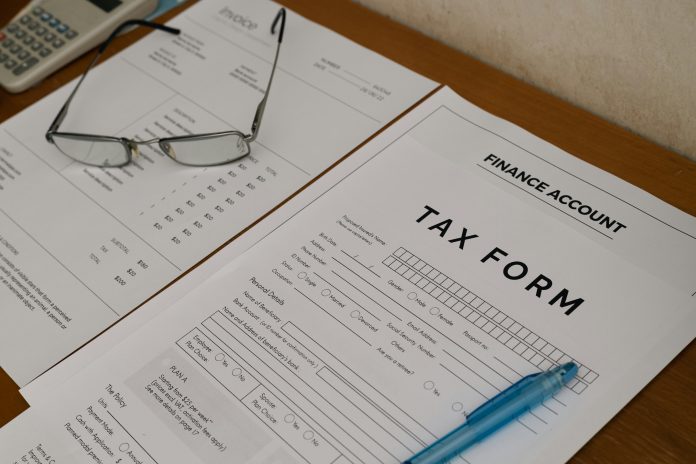With a new wave of tax reforms on the horizon, the UK government is ramping up efforts to close the £40 billion “tax gap,” which is expected to lead to an increase in HMRC investigations. KANGS Solicitors, led by founder Hamraj Kang, warns that businesses will face increased scrutiny as HMRC strengthens its enforcement efforts.
As part of its strategy, the government plans to recruit 5,000 new tax officials over the next year, with a focus on high-priority criminal cases and tightening measures against tax evasion. The push follows a significant 49% rise in potential criminal investigations by HMRC from 2021 to 2023.
The government has already begun implementing its reforms, with 200 new compliance officers having started in late 2024. These initiatives are designed to ensure that individuals and businesses are paying the correct amount of tax, in line with stricter enforcement procedures.
“Endeavouring to narrow what is quite a large hole in the country’s finances is a tall order and will require substantial resources to carry out. Businesses and individuals may find themselves facing enquiries and investigations and should therefore inform themselves on what they may face and how to deal with it,” said Hamraj.
Below, Hamraj outlines three key aspects of an investigation that businesses should be aware of in case they find themselves facing a tax dispute.
-
What to expect from an HMRC compliance check
Hamraj: “There are a number of factors that can prompt an HMRC compliance check. For example, HMRC might launch an investigation owing to inconsistencies in tax returns, significant changes in income or expenses, and even information from a third party. They can cover a range of different types of tax, including corporation tax or national insurance, and will usually see HMRC requesting to review tax returns, accounts, all PAYE documents and more.
“At the beginning of a compliance check, HMRC will send an information notice detailing the information and documentation needed. Officers may even attend a premises, sometimes without notice, depending on the circumstances. HMRC will then use its findings to determine whether or not tax is owed and whether or not it deems it necessary to impose a penalty.
“In the event of a compliance check, don’t act alone. It is essential that experienced legal advice is obtained immediately and before engaging in any form of discussion or interview with HMRC officers.”
-
The consequences of non-compliance
Hamraj: “Non-compliance can be costly and can come in two main forms. Firstly, businesses may refuse to comply with an HMRC information notice where the taxpayer will be asked to provide the relevant information and documentation. It can also mean refusing entry to HMRC to your premises in order for an investigation to be carried out.
“Failure to comply with HMRC will likely lead to a fine against the taxpayer. In most cases, these fines are imposed daily until the taxpayer complies with the request.”
-
Dealing with a criminal investigation
Hamraj: “While HMRC’s general policy is to use civil fraud investigation procedures, in serious cases – or where it wishes to send a strong message – it will conduct a criminal investigation.
“Generally, it will consider a criminal investigation, in instances where an organised criminal gang is attacking the tax system or conducting systematic fraud, or where there is a link to wider criminality involving other offences. There are also cases where giving false statements or documents can lead to criminal investigations, or where the perpetrator is a repeat offender and has faced an investigation before.
“As with any criminal investigation, the presence of legal expertise is important to a fair and rightful outcome. At any stage of the process, businesses must ensure they’re fully informed and have their financial affairs in order.”

